理学学士荣誉微生物学
BSc Hons Microbiology

学历文凭
Bachelor Degree with Honours

专业院系
School of Biosciences

开学时间

课程时长

课程学费

国际学生入学条件
A levels
AAB including two science-based A Levels from: Biology, Chemistry, Mathematics, Further Mathematics, Physics, Geography, Geology, Applied Science, Human Biology.
OR
ABB including two acceptable sciences PLUS A in EPQ
GCSEs
GCSE mathematics and english at grade 4 (C) or above are required.
Excluded subjects
General studies, critical thinking, science and society, citizenship studies and leisure studies are not accepted.
IB score
32 points overall or 665 in 3 HL certificates
IB requirements
HL5 in two of Biology, Chemistry, Mathematics Applications and Interpretations, Mathematics Analysis and Approaches, Physics, Geography, Psychology, Environmental Systems and Societies. Alternatively, HL5 in any one of the above plus SL5, SL5 in two of the above.
RQF BTEC Nationals
Applications are assessed on an individual basis to ensure sufficient science has been studied. We will consider the following:
RQF Level 3 BTEC National Extended Diploma DDD
RQF Level 3 BTEC National Diploma DD plus one A level at grade A
RQF Level 3 BTEC National Extended Certificate D plus two A levels grades AB
The required A levels for mixed BTEC and A level grade profiles depends on the science content studied in the BTEC.
Access to HE Diploma
Applications are assessed on an individual basis. Where an offer is made, our standard requirements are:
Access to HE Diploma 30 graded Level 3 credits at Distinction from acceptable science units, plus 15 graded Level 3 credits at Merit
IDP—雅思考试联合主办方

雅思考试总分
6.0
- 雅思总分:6
- 托福网考总分:80
- 托福笔试总分:160
- 其他语言考试:Pearson Test of English Academic - 65 (with a minimum of 59 in each element)
CRICOS代码: C501
申请截止日期: 请与IDP联系 以获取详细信息。
课程简介
This course is accredited by the Royal Society of Biology. You will spend a lot of time in our £5 million Super Lab gaining hands-on lab experience. Practical learning and laboratory experience starts early in semester one of the first year. Your lab skills will improve throughout the first and second years. In your final year, you will become a member of a research laboratory and carry out your own year-long research project. Some students have even had their work published in scientific journals.Microbiologists play an important role in helping to prevent disease, develop new treatments, clean up the environment, and keep food safe. You will study the micro-organisms which affect the environment, human, animal and plant health, and find out how to use microbes to make medicines and vaccines.You will explore the use of good and bad bacteria, viruses and eukaryotic microbes, and learn different methods needed for the safe handling of level 2 pathogens. These are biological agents that can cause disease, including Staphylococcus aureus, Listeria and Salmonella. Our range of optional modules in the second and third years allows you to tailor your study to your interests.When you graduate you will be qualified to work with microbial pathogens. This means you can work in a laboratory in research or a pharmaceutical company.You will learn:sterile techniquehow to identify bacteria (including pathogenic bacteria)how to grow and characterise bacteria in the laboratorythe mechanisms of anti-microbial resistancehow to detect and count virusesgene analysis and cloningAll microbiology teaching staff are actively involved in research. This ensures that you are learning up-to-date topics and ideas. We aim to produce graduates who are ready to go out and help tackle some of the biggest problems facing our world today.
相关申请
 预科
预科 奖学金
奖学金 实习机会
实习机会 在校学习
在校学习 跨境学习
跨境学习 校园授课-线上开始
校园授课-线上开始 在线/远程学习
在线/远程学习
开学时间&学费
学费信息仅供参考,请与IDP联系以获取详细信息
| 开学时间 | 时长 | 学费 | 地点 |
|---|---|---|---|
| 暂无 | 暂无 | 暂无 | 暂无 |
学校排名

世界排名149
数据源:
泰晤士高等教育世界大学排名
关于诺丁汉大学

诺丁汉大学是罗素集团和Universitas 21大学的成员,在教学和研究方面享有全球声誉,在2022年QS世界大学排名中位列世界第103位,英国第18位。诺丁汉大学还在''泰晤士报高等教育2021年世界大学排行榜中被列为英国前20名的大学。它是''泰晤士报和星期日泰晤士报2021年优秀大学指南''中的年度体育大学。诺丁汉大学的历史可以追溯到1881年,自1948年以来一直授予学位。诺丁汉大学拥有改变世界研究的悠长历史,包含从MRI技术的发展到与现代奴隶制和世界饥饿的持续斗争。诺丁汉大学在英国、中国和马来西亚设有校园,拥有来自150多个国家/地区的47500多名学生,其中超过34500的学生在英国校园读书。诺丁汉大学为所有学生提供全球性经验,并通过一系列奖学金、专业指导和英语语言课程为国际学生和欧盟学生提供支持。诺丁汉大学的学生受益于出色的职业支持、实习机会以及与雇主的联系。诺丁汉大学还为学生带来了难忘的经历,包括学生会下的200多个社团。该大学在体育方面享有很高的声誉,并在2018-19年英国大学&学院体育(BUCS)联赛中排名第二。英国校园位于英格兰中部友好的历史名城诺丁汉市。这座城市因罗宾汉(Robin Hood)的传奇故事而闻名于世,诺丁汉市也是联合国教科文组织文学之城。这里有很多值得探索的地方,包括城堡、公园和花园、古怪的咖啡馆和商店、世界餐厅、文化节和喧嚣的夜生活。诺丁汉市的运动场馆包括特伦特大桥板球场、两个足球场和国家冰中心。诺丁汉市到当地景点、伦敦市和其他主要城市的交通十分便利。
本校相关课程
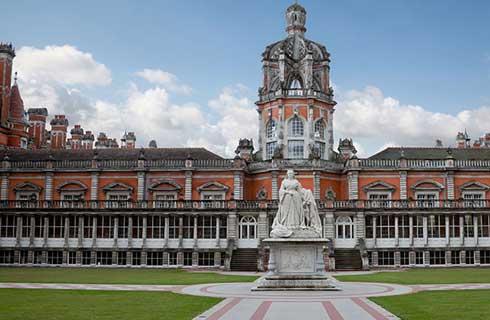
MRes兽医科学
学历文凭
Masters Degree (Research)
开学日期
课程费用总额

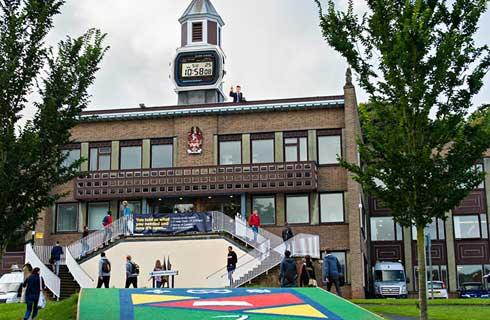
视觉文化硕士
学历文凭
Masters Degree (Taught)
开学日期
课程费用总额

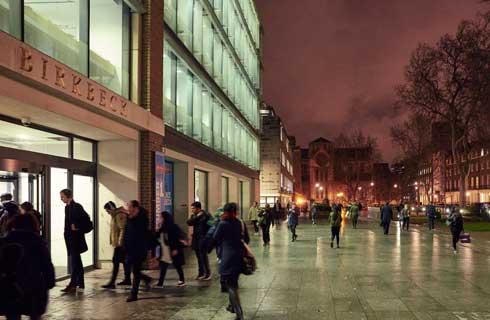
理学硕士与组织心理学
学历文凭
Masters Degree (Taught)
开学日期
课程费用总额

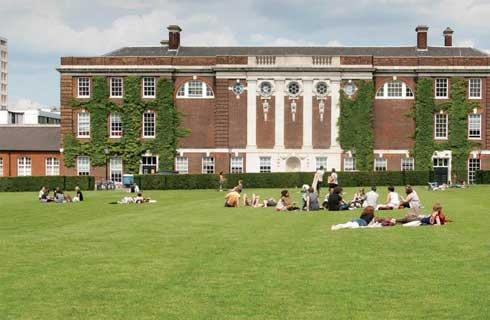
PGDip工作与组织心理学
学历文凭
Graduate Diploma
开学日期
课程费用总额


马维京人和盎格鲁撒克逊人研究
学历文凭
Masters Degree (Taught)
开学日期
课程费用总额

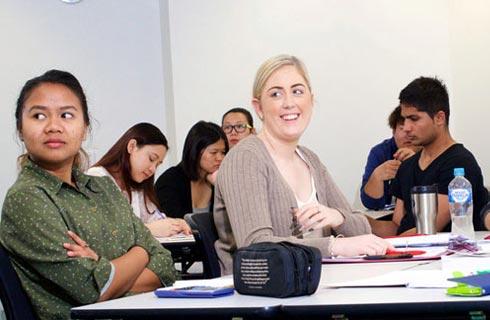
PGCert兽医教育
学历文凭
Graduate Certificate
开学日期
课程费用总额

其他相关课程

生物医学学士
 皇家墨尔本理工大学
皇家墨尔本理工大学学历文凭
Bachelor Degree
开学日期
课程费用总额


哲学硕士-生物医学和生物化学
 澳大利亚国立大学
澳大利亚国立大学学历文凭
Masters Degree (Research)
开学日期
课程费用总额


生物医学学士
 詹姆斯·库克大学
詹姆斯·库克大学泰晤士高等教育世界大学排名:361
学历文凭
Bachelor Degree
开学日期
课程费用总额


理学学士(海洋生物学)
 弗林德斯大学
弗林德斯大学泰晤士高等教育世界大学排名:307
学历文凭
Bachelor Degree
开学日期
课程费用总额


理学学士-海洋生物学(荣誉学位)
 弗林德斯大学
弗林德斯大学泰晤士高等教育世界大学排名:307
学历文凭
Bachelor Degree with Honours
开学日期
课程费用总额


城市与环境规划学士/海洋生物学理学学士
 格里菲斯大学
格里菲斯大学泰晤士高等教育世界大学排名:258
学历文凭
Dual Degree
开学日期
13 July 2026
课程费用总额
AUD 167,500










 英国
英国